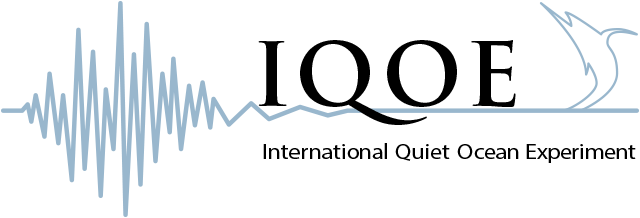IQOE used a variety of approaches to implement the project, including working groups. Some of these groups were identified within the IQOE Science Plan, whereas others were developed at the first meeting of the IQOE Science Committee. The following working groups were convened over the life of IQOE:
Several types of ocean environments have high biodiversity, such as coral and deep-water reefs, mangrove forests, and kelp forests. This working group aims to develop the potential to monitor sound high-diversity ocean areas continuously to help characterize and understand biodiversity.
